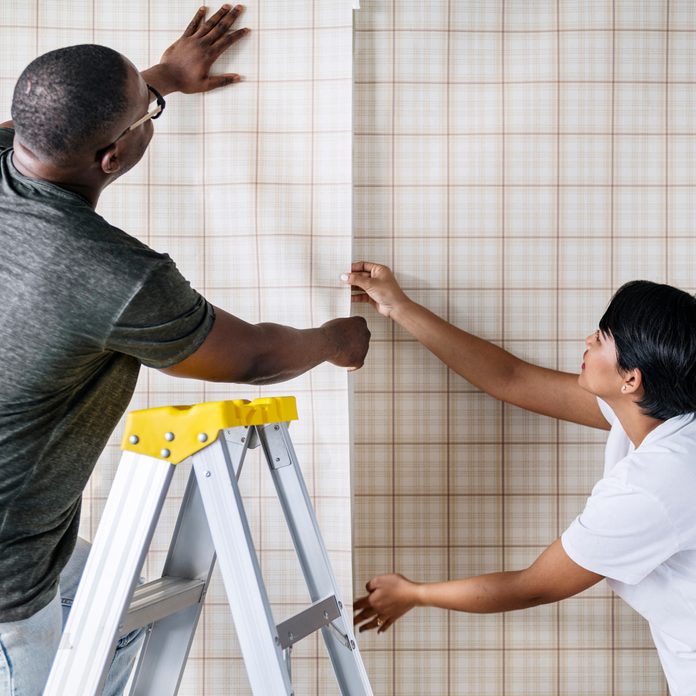
Making Big Changes
Live in your home for 12 to 18 months before undertaking any major renovations such as additions or knocking down walls. What you initially think you want may change after you’ve lived there for a while. – Fran Carpentier. Get the real scoop on which home improvements are really worth the investment, you might pause before adding a pool.
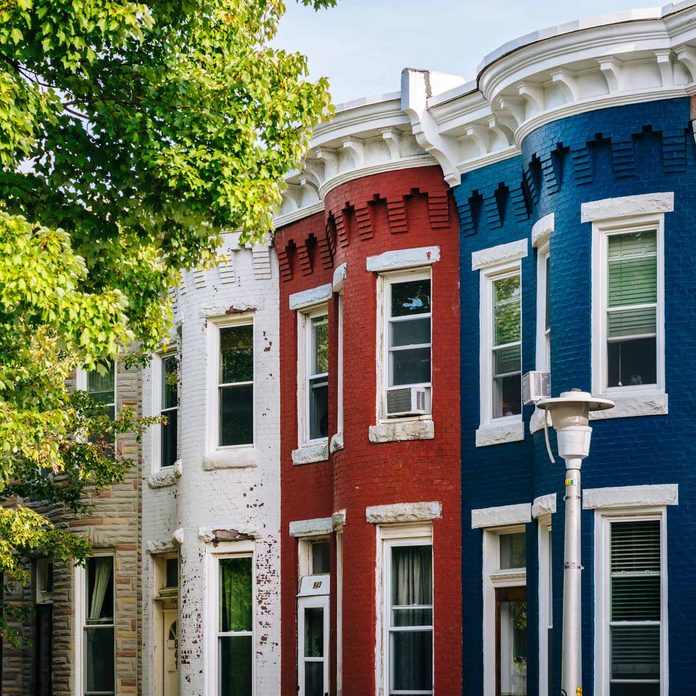
Future Development
When you have a specific house in mind, think about potential developments. For example: If the home is near a busy road, will there be expansion in the near future? If there is a lot of open space around the home, will more homes be built in the area soon? If there are several homes for sale in the neighborhood, are they selling quickly and who’s moving in? It may be difficult to find concrete information about future developments. Read city council, county commissioners and planning and zoning agendas and minutes for the location you’re looking at to get an idea. Also, keep in mind the potential resale value of your future home because no one knows what the future holds and you may need to sell earlier than you imagined. Find out if your state has the hottest real estate market.
Learn about some of the best and worst projects to improve resale value.
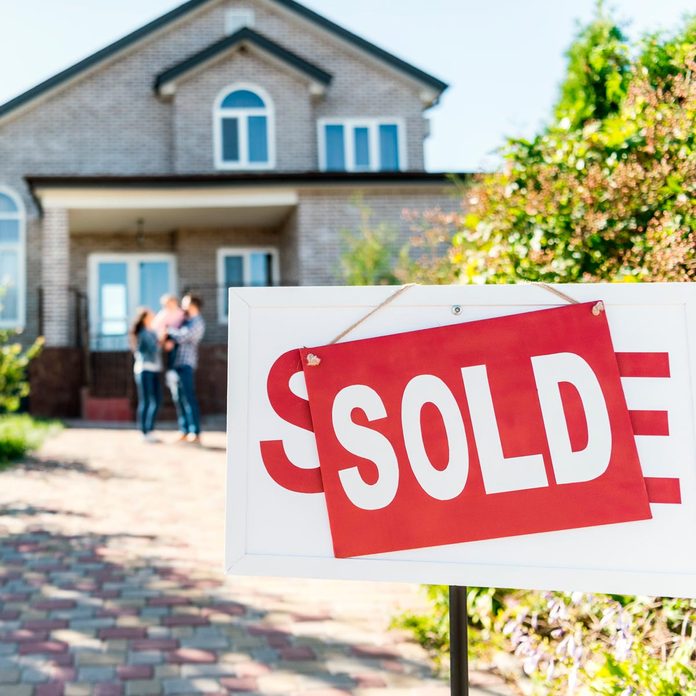
Buyers Remorse is Inevitable
There’s almost no way for a new homeowner to completely avoid buyer’s remorse. The little pitfalls that come with buying a home can be stressful and drive you crazy. The good news is that it’s all worth it! For all of its challenges, home ownership can be mentally and financially rewarding. No matter how stressful it gets, don’t forget that you’re not alone. The Family Handyman community of DIY enthusiasts is here to help you on your journey. If you’re ready to read further, here’s a great place to get started: 13 Great Tips for New Homeowners and First-Time Home Buyers.

Schools are Important
Even if you don’t have kids yet or don’t plan on having kids ever, schools in the neighborhood are important to consider when buying a home. A good school district can help maintain home values and boost resale opportunities. It usually brings with it higher taxes, which go partially to the school district. Do your research to determine if buying in a good school district is worth it for your household. Read up on the house hunting mistakes you can easily avoid.
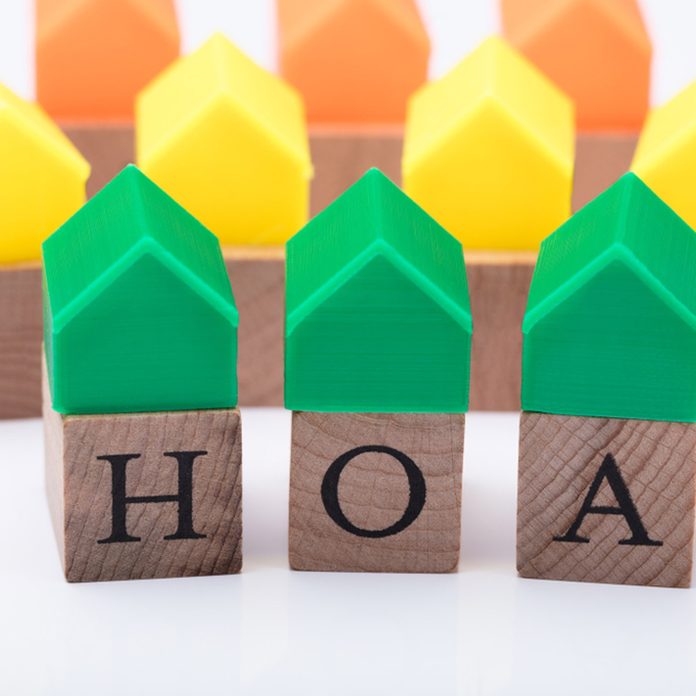
Research HOAs
Homeowner Associations (HOAs) govern almost 20% of American residences. While most homeowner associations are perfectly fine, there are a minority that give the organizations a bad name. Look for negative coverage in the local press, and if possible ask a sampling of neighbors to find out their impressions of the organization. Should anything raise red flags, give some serious thought to what you might be committing to. And if you’re not sure about the importance of researching your potential HOA, check out these Homeowner Association horror stories.
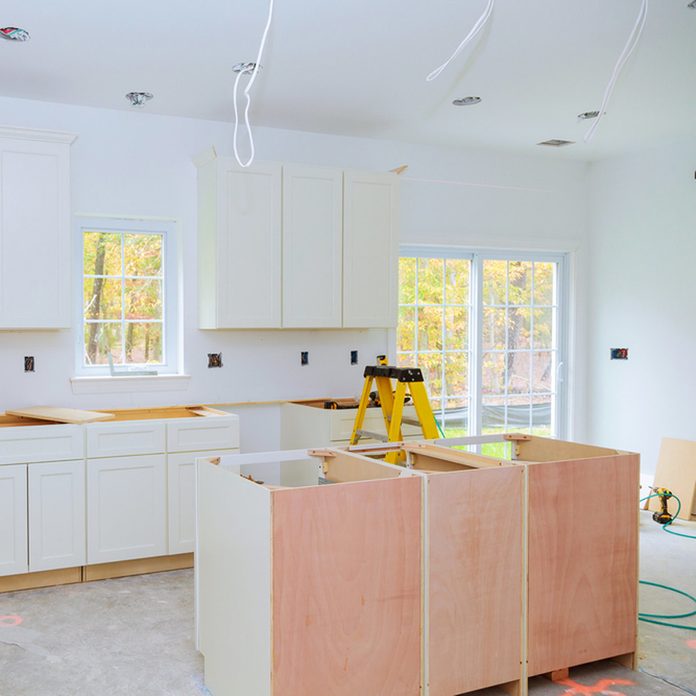
How to Live in a Construction Zone
This is a problem especially common for members of the DIY community. No matter how much experience you have working on small projects or working on other people’s homes, the first time you begin a major project on your own home, you’ll have to deal with sleeping and eating in a construction zone. You may think this is no big deal, but everyone has their own line where the mess is “too much”. And if you have a spouse, then it’s pretty much a guarantee that your line is different from theirs! Avoid this pitfall by planning ahead, and deciding how you’ll protect your home during remodeling.
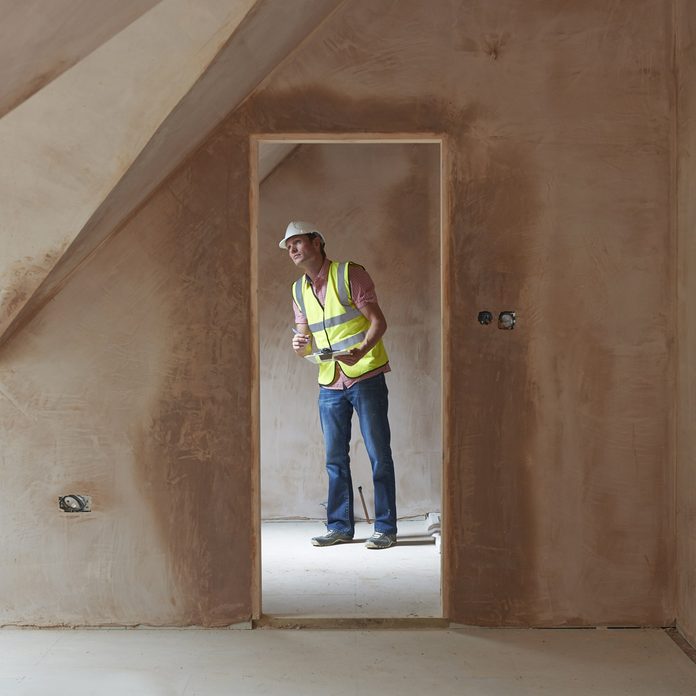
Don’t Make Mountains from Mole Hills
A house is a major purchase, and any residential building is filled with hundreds of spots where something might have less than perfect finish. Sooner or later, you’re going to find an issue that has slipped past you, your Realtor and your home inspector. If your first reaction is to panic, don’t worry: that’s a perfectly natural reaction. But take a deep breath, step back and really examine the issue. Is the issue as serious as the DIY nightmares discussed earlier? Or is it as minor as a stuck deadbolt? It’s understandable (and maybe unavoidable) to be worried about your new home, and most homeowners will have an “oh, no!” moment or two after moving in. The trick is to have a reaction that’s in proportion to the problem. (And in the meantime, here’s how to fix that stuck deadbolt!)
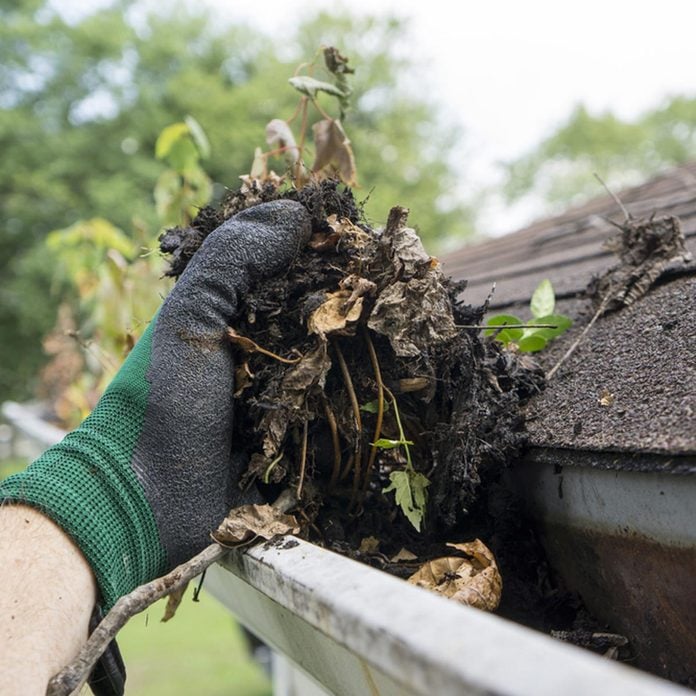
Gutters Only Need Cleaning
No matter what the season, clogged gutters can lead to damage since they cannot drain properly. In the spring, clean out all those leaves and other debris that came down during the winter and early spring. Clean them once again in the fall.
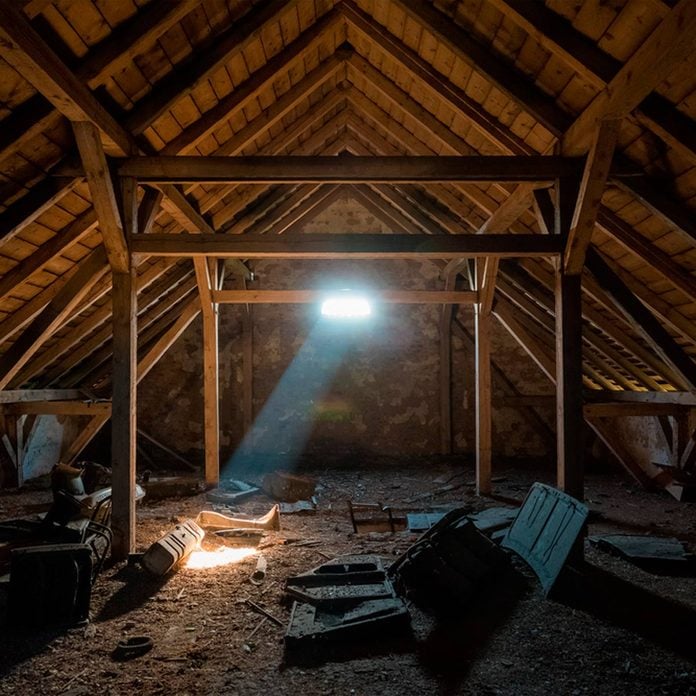
Check Crawlspaces and the Attic
It’s good to familiarize yourself with the farthest corners of your home. Check for leaks, bugs, mold and other issues that you should address sooner rather than later. If your crawlspace doesn’t have a vapor barrier, learn how to install one here.
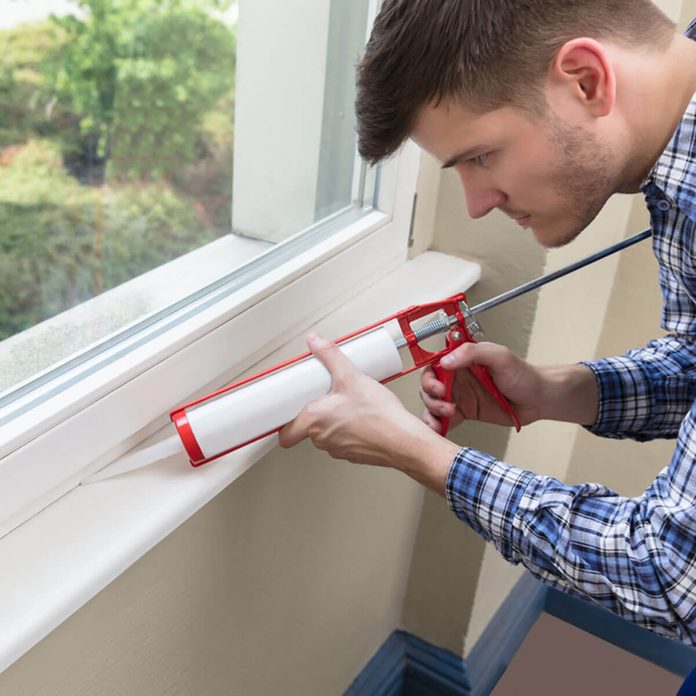
Caulk Your Windows
Leaky windows are one of the biggest sources of energy loss in a typical home. If you don’t want to cover your entire window, a quick, low-cost solution is to seal the gaps with removable caulk. A $4.50 tube seals five 3 x 5-ft. windows.
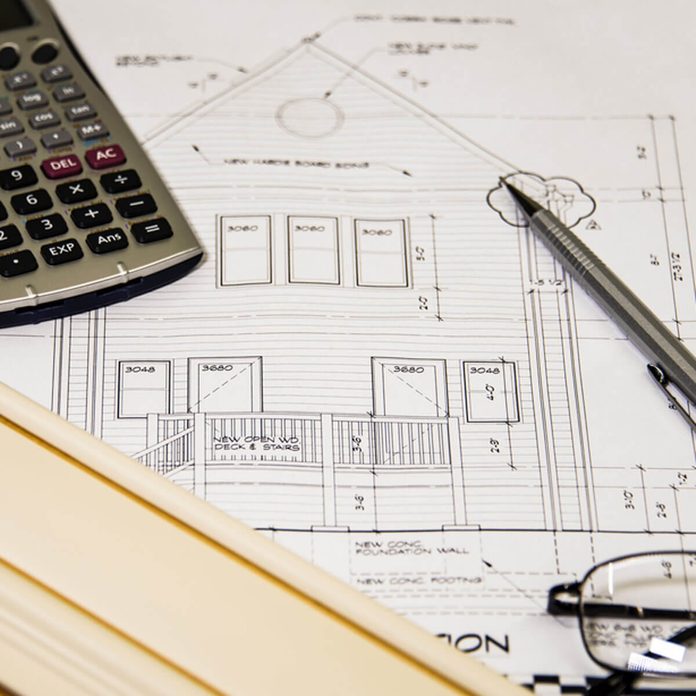
Wrong Size Home
Nearly 20 percent of millennial buyers and 20 percent of Generation X buyers said they regretted they didn’t buy a bigger house in the NerdWallet survey.
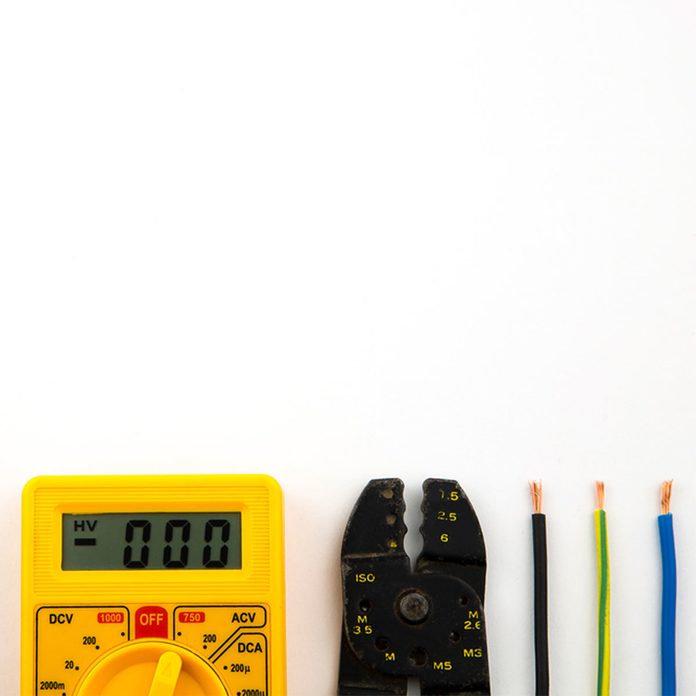
Wiring
Homes built in the mid-‘60s or ‘70s might have aluminum wiring and if so it should be determined if everything has been retrofitted properly. If it hasn’t, it could be a fire hazard and wiring replacement can run thousands of dollars. Avoid these common National Electric Code violations DIYers make.
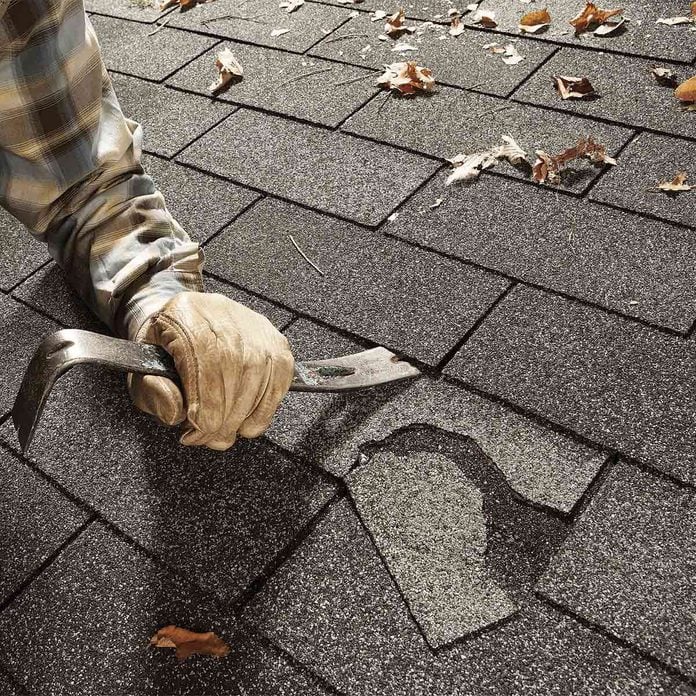
Roof Leaks
Home inspectors can find a lot of things wrong with a house but they can’t catch everything all the time. Most home inspectors won’t climb on a roof to inspect so it’s important to have things they won’t always check thoroughly viewed by an expert.
Home inspectors typically don’t inspect underground pipes, septic tanks or wells, all of which are particularly expensive to repair or replace. You can protect yourself by finding a home inspector who carries “Errors and Omissions” coverage.
Find out how to fix a roof.

Weekends Become Housework Days
That lawn isn’t going to mow itself, those branches are going to be trouble if you don’t trim them, you’re lawn has bare spots that the neighbors were looking at yesterday. Yes, you’ll experience the massive perks of home maintenance when you buy a home. It’s a lot more work than you’ll expect but you can make lawn work a whole lot easier with these tips.

YouTube isn’t Omniscient
YouTube is great at providing a look at how things should appear but it’s not so great when wading into the details of things. Your one repair task could turn out to be something totally different by the time you escape from the rabbit hole of how-to videos. Sometimes it’s OK to call in a pro. Find out how to pick the right one.

You Can’t Have an Empty House
You weren’t done moving when you brought in all the stuff from your old apartment. Now you’ve got more than one bedroom, maybe a basement, too. All areas that will have to be furnished in some manner, lest you never plan on entertaining. Check out some tips for squeezing everyone around the TV next time there is a big game.
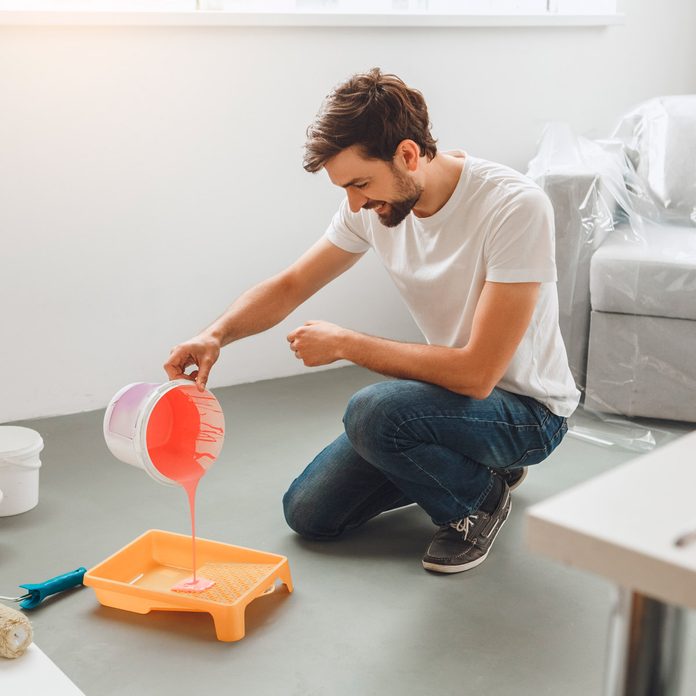
Feel Free to Paint
It might be an adjustment going from seeing similarly colored walls in every apartment you ever lived to being able to choose any conceivable color in your own home. Well, maybe not every color, after all you want it to still be fashionable.

Scratches, Dings and Marks Will Infuriate You
Your first car was likely precious to you and you went out of your way to protect the paint job. Well, owning a home will trigger some of those feelings all over again. But face it, things are going to get dinged up and you’re just going to have to fix them. Fix those claw marks from pets in a jiffy with this tip.
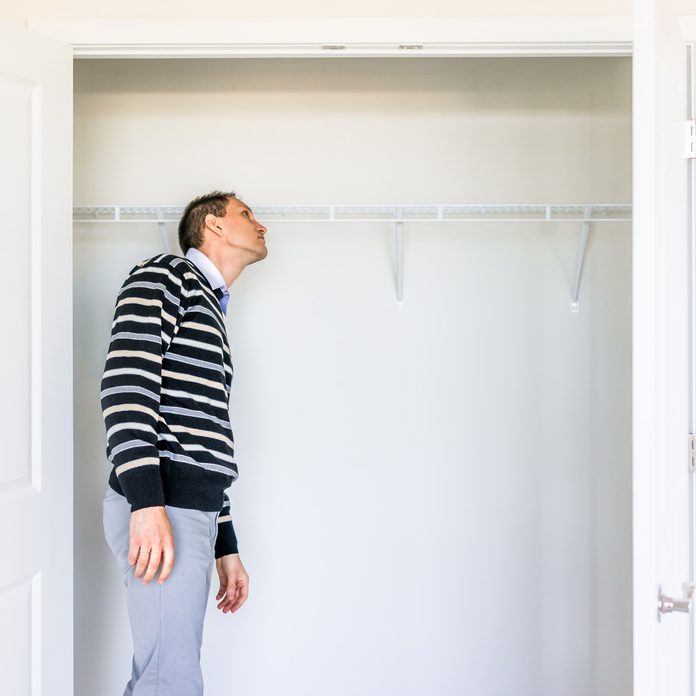
You’ll Find Some Strange Stuff
Not everything will get covered in the home inspection and there’s a good chance you’re going to find something goofy somewhere in the house. Just hope it won’t be one of these nightmares home inspectors have actually found.
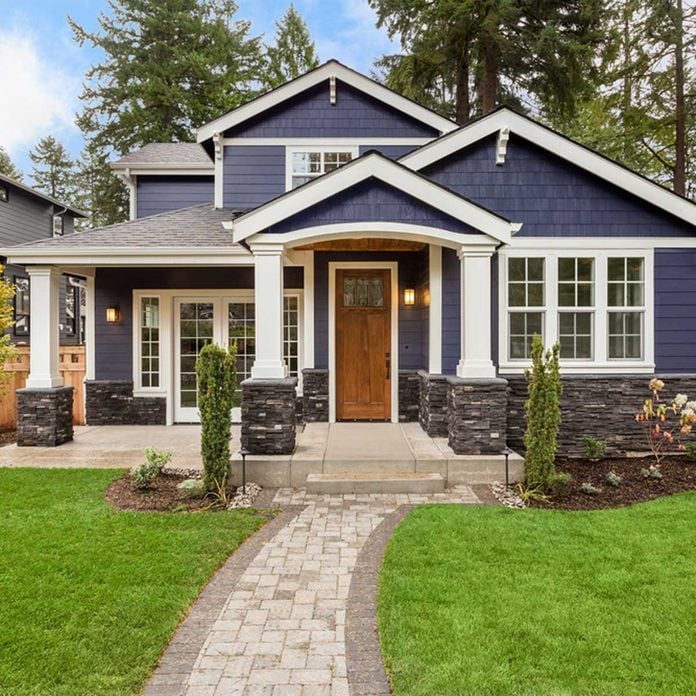
It’ll Take Some Getting Used To
Your first house isn’t going to feel like a home right away. It’ll take a few months before you’re all settled in, the place is furnished to your liking and all the projects you envisioned are completed. But before you know it, you’ll be looking forward to home, sweet home.